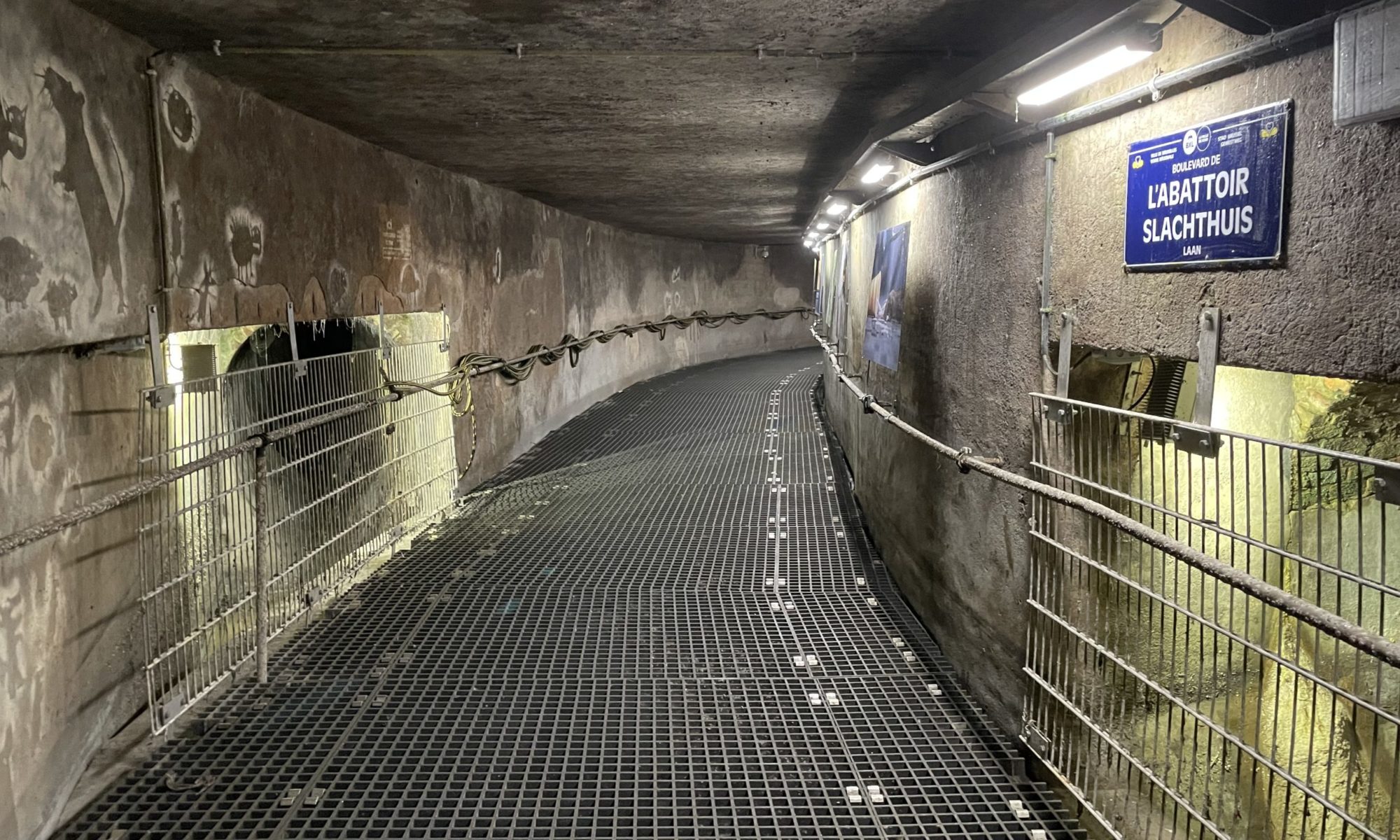
In June 2021 FEMA released a Building Codes Toolkit for Building Owners and Occupants. While I encourage everyone to check out the publication, I thought I would summarize some of the main points here in addition to adding a few of my own suggestions.
Why do we have modern building codes?
There are four primary reasons:
- To minimize accidents and damages and related insurance claims
- To eliminate squalor and impacts to health
- To support local government in ensuring health and safety to taxpayers
- To reduce damages and loss of life in the event of a disaster.
So why is this important to a homeowner? It’s important because having strong building codes which are supported by a good local inspection program helps make sure homes are built to protect people as much as possible. When I took training for becoming an electric inspector, they told us some provisions are added to the electric code because they have been proved to reduce deaths. Other provisions are in the code to protect against fires. I think most people want to be protected in their home as much as possible from fire and death.
But strangely enough when I was a building inspector I had a few experiences where people building a new home told me they shouldn’t have to follow the code because it was their home and they should be able to do what they want. The problem with this approach is that no one owns their home forever, and the home usually remains in the community long after the person who built it has moved on. So their decision to introduce a risk into the home impacts future occupants and the community. If something happens in that home such as a fire, there could be loss of life. And local firefighters who end up entering that home may face risks they are not expecting.
What codes should my community adopt?
While some states and local communities pass their own codes, many pass what is referred to as the I-Codes. These are standard codes developed by the International Code Council or ICC. This organization hosts hearings each year to consider suggested updates to the codes then publish a new version of the codes based on the outcomes of those hearings. A community may not need to adopt a new version each year, but it is important to stay up to date enough so that new building technologies and research that can lead to increased protection are incorporated into the code. Studies have shown many people believe their community is already taking care of this, but unfortunately many are not.
So how can you encourage your community to adopt up to date building codes? First you can check the No Code No Confidence website to see if your community has the latest version of the building code. If the codes are the most recent version, you could send a simple email like this to your elected officials:
“I was on the No Code No Confidence website and noticed our community has adopted the most recent building codes. I want to thank you for keeping our community safe by adopting these codes and ensuring they are up to date.”
If they are not the most recent, and especially if they are significantly out of date, you could send the following language in an email to your elected officials:
“I was on the No Code No Confidence website and noticed our community has not adopted the most recent building codes. I want to urge you to consider adopting the most recent codes. Not doing so puts property owners and building occupants at risk. Only by adopting up to date codes can we ensure our community stays resilient to disasters and other risks. Thank you for considering my request.”
What can I do to ensure my own home remains safe?
Sometimes we decide to make improvements to our own homes. In doing so, it is important to find out if the work you plan requires a building permit. You can find this out usually by visiting the building department website for your community or visiting or calling your local community and asking if a permit is needed for the work you plan. Getting a permit helps ensure the work that will be done on your home meets current codes and helps keep you safe.
Other resources in the toolkit
The FEMA Building Codes Toolkit also has a checklist with questions to ask your builder if you are having work done on your home or building a new home. There is also insurance information and links to many more resources.


